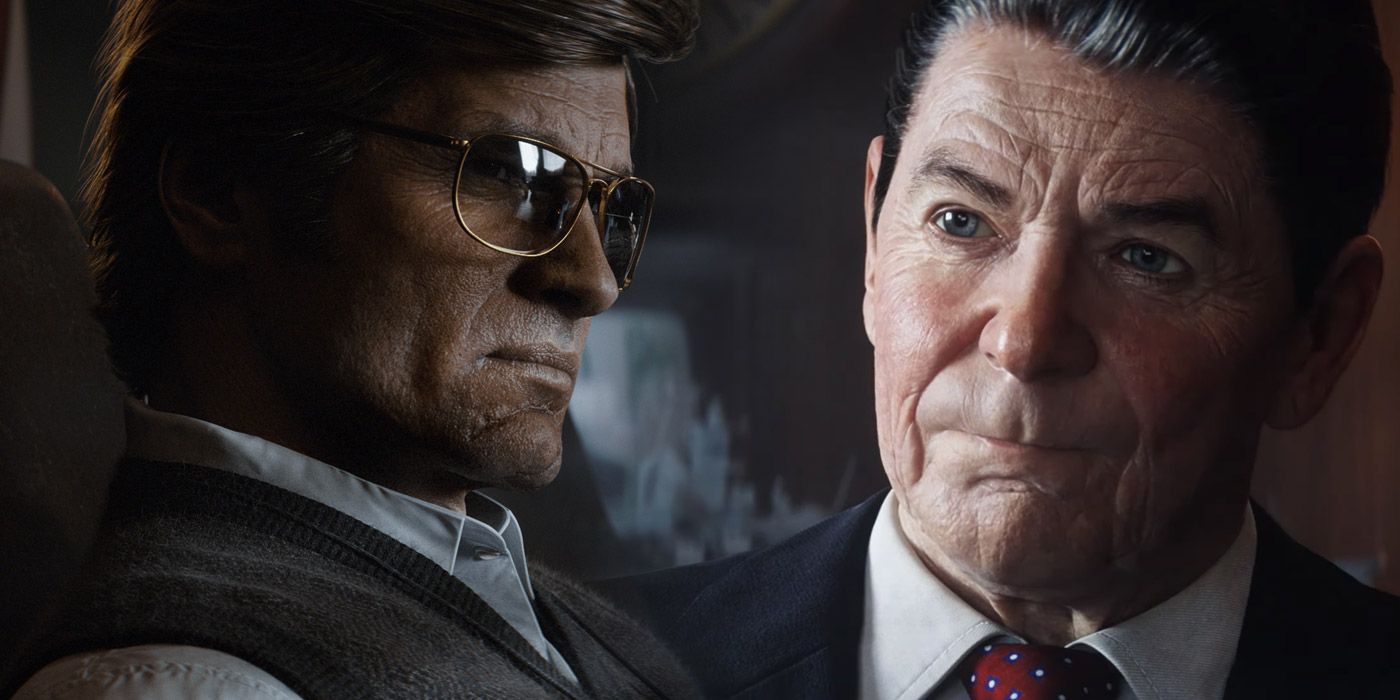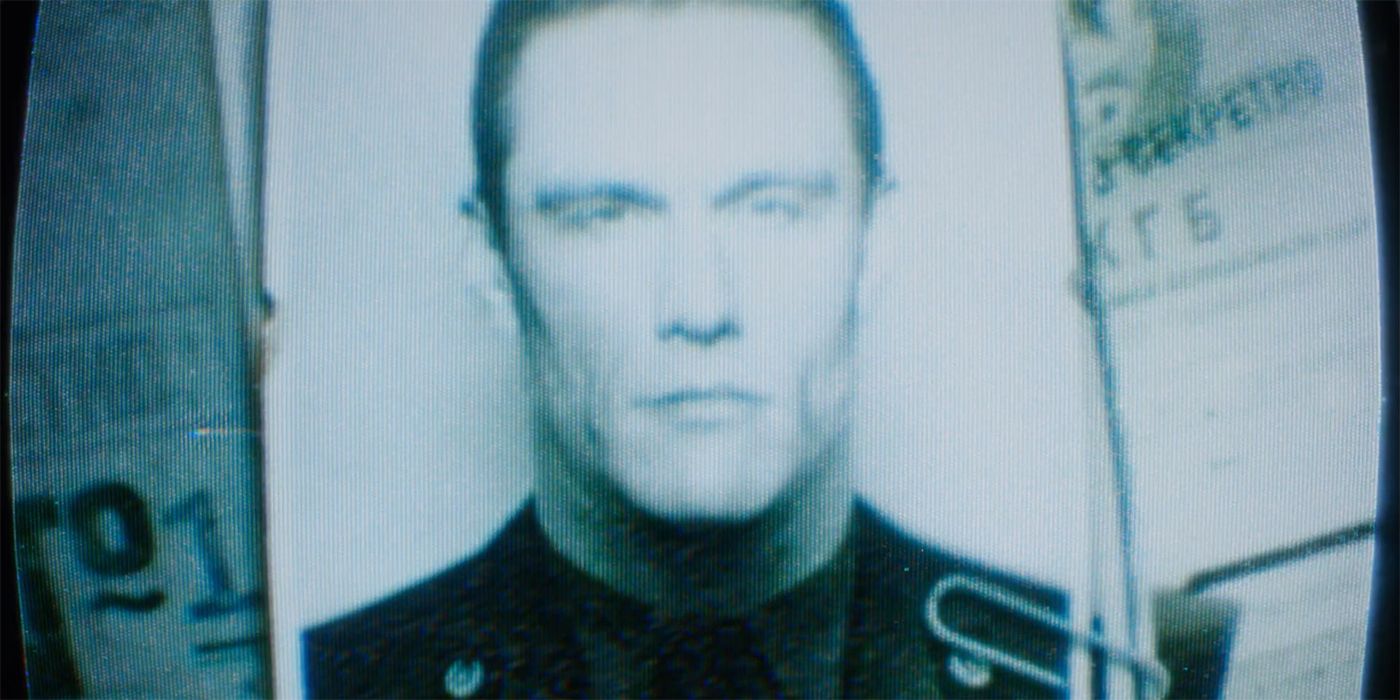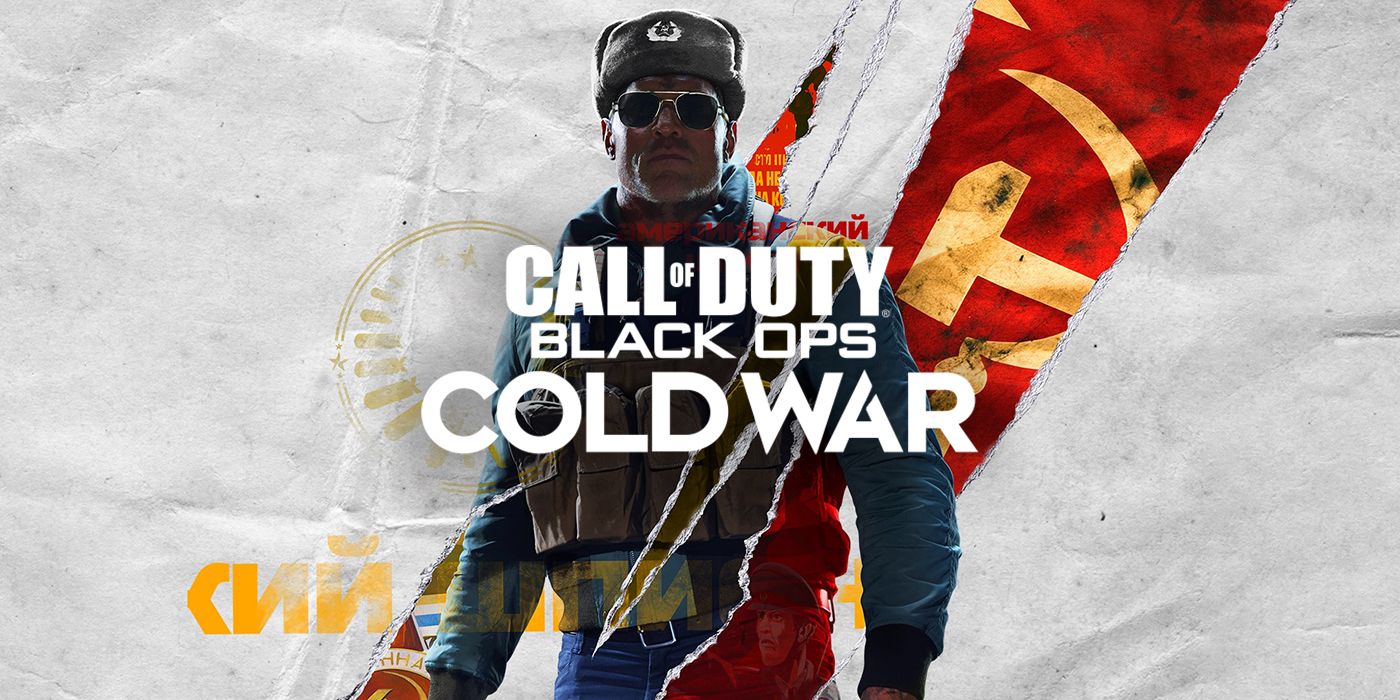It's fair to say that anyone who's looking for historically accurate information or context doesn't usually cite a Call of Duty game for information. After all, it's a fictional video game all about contextualizing the reason why players are pelting others with an arsenal of assault weapons. Historical accuracy is never really included in the playbook, nor does it really need to be. That being said, Call of Duty does have a propensity to scapegoat, divert blame, or otherwise misrepresent portions of history to align its pro-western narrative with a central villain. Oftentimes that's Russia, and in Call of Duty: Black Ops Cold War, it's certainly no different this time around.
Even if Call of Duty: Black Ops Cold War is "inspired by real-life events," it still intentionally and/or indirectly enacts efforts of historical revisionism. From as early as the game's reveal, to Black Ops Cold War's campaign itself, numerous narrative concepts are framed as pro-American evangelization. It'd be one thing if the game's narrative portrayed these ideals as one perspective, but the game instead contextualizes the CIA's actions as wholly heroic. Even in the scenario where all of these intentions are incidental/accidental, it's still questionable that this is in a triple-A video game potentially being played by impressionable teenagers or otherwise unaware gamers.
Black Ops Cold War's Reveal Trailer Hides Disturbing Context
Those who remember Black Ops Cold War's initial reveal trailer will likely remember quotes from a 1984 television interview filmed in America. Famous KGB defector Yuri Bezmenov's musings on "active measures," the concept of societal "normalization," all spearheaded by a demand from the trailer to "know your history." For anyone who does know their history, the trailer's depiction of Bezmenov's words are dangerously bereft of context from both the interviewer and the interviewee. Both men are, in varying degrees, responsible for inspiring (and in one case, peddling) conspiracy theories ranging from "Cultural Marxism" to extremist, alt-right white nationalism.
For context, Bezmenov's interviewer is G. Edward Griffin, a very well known alt-right conspiracy theorist and member of the John Birch Society. Griffin has supported and advocated for various conspiracies, ranging from anti-Communist and conservative propaganda, to extremes like the outright denial of HIV/AIDS and how cancer is essentially caused by "malnutrition." Many of these more extreme personality developments came to fruition in the 1970s, but his interview with Yuri Bezmenov was largely intended to emphasize notions of a "communist conspiracy" in American society.
Granted, Bezmenov is not innocent either: the contents of the interview show that Bezmenov believes increased racial and societal equality is somehow linked to increased vulnerability to Russian influence. Obviously none of this is made apparent by the reveal trailer. If anything, Call of Duty: Black Ops Cold War's reveal trailer is meant to weaponize Communism, with Yuri Bezmenov as a sort-of patriotic instigator. The truth is that the words in the game's reveal trailer (in the proper context) were really used in an attempt by white nationalists to frame any kind of anti-capitalist views as a threat to American values.
Black Ops Cold War's Campaign Once Again Scapegoats Russia
Then, when Black Ops Cold War finally released, even more revisionist history was discovered when players started going through the game's campaign for the first time. The beginning of the game sees players apprehending a terrorist connected to the Iran hostage crisis; of whom Woods, Adler, and Mason subsequently interrogates. The game then reveals that "Perseus," an early Cold War boogeyman who in real history likely never existed, was the main antagonist of the game. Not only that, but it's also inferred that the Iran hostage crisis was orchestrated by Perseus, a spy working directly in service to the KGB and Russia.
As if the scapegoating of Russia for American war crimes in Modern Warfare wasn't enough, Call of Duty: Black Ops Cold War had to take the blatant inaccuracy several steps further. Rather than crafting a historically accurate backstory for the rumored Perseus, the game contextualizes it through pure villainization of Russia. Perseus' backstory in-game would've been compelling enough if their character was simply based on real history. Perseus was a rumored Russian spy on the Manhattan Project, who stole nuclear tech secrets and brought them to Russia. Black Ops Cold War didn't need to implicate Russia in orchestrating the Iran Hostage Crisis just to set up an interesting villain.
Call of Duty's Crude Misrepresentation of History
Once again, this is another example of a recent Call of Duty game finding any opportunity to paint the United States in a heroic light. Through both subtle and flagrant narrative choices, Call of DUty: Black Ops Cold War dangerously alters history to emphasize its neo-patriotic player perspective. That's questionable, even for a franchise that has traditionally always poised itself as a purely fictional gamification of warfare. Even if the game is going to be this patriotic worshipping of authoritarian capitalism, Call of Duty doesn't need to resort to changing crises and devastating events to paint the United States in a more favorable light.
Unfortunately, these types of historical alterations have been present in Call of Duty before, just to a much more subtle extent. For example, in the original Call of Duty: Black Ops, the protagonist is supposedly brainwashed by a rogue Russian commander to assassinate John F. Kennedy. The nuclear bomb that goes off in the Middle East during Call of Duty 4: Modern Warfare's campaign is supposedly supplied by Russian government-backed terrorists. Call of Duty: Black Ops Cold War's revisionist history is just far less subtle this time around, and is frankly dangerous for anyone (especially teenagers or kids playing a rated-M game) to experience without knowing the whole truth.
Call of Duty: Black Ops Cold War is available now on PC, PS4, PS5, Xbox One, and Xbox Series X/S.



